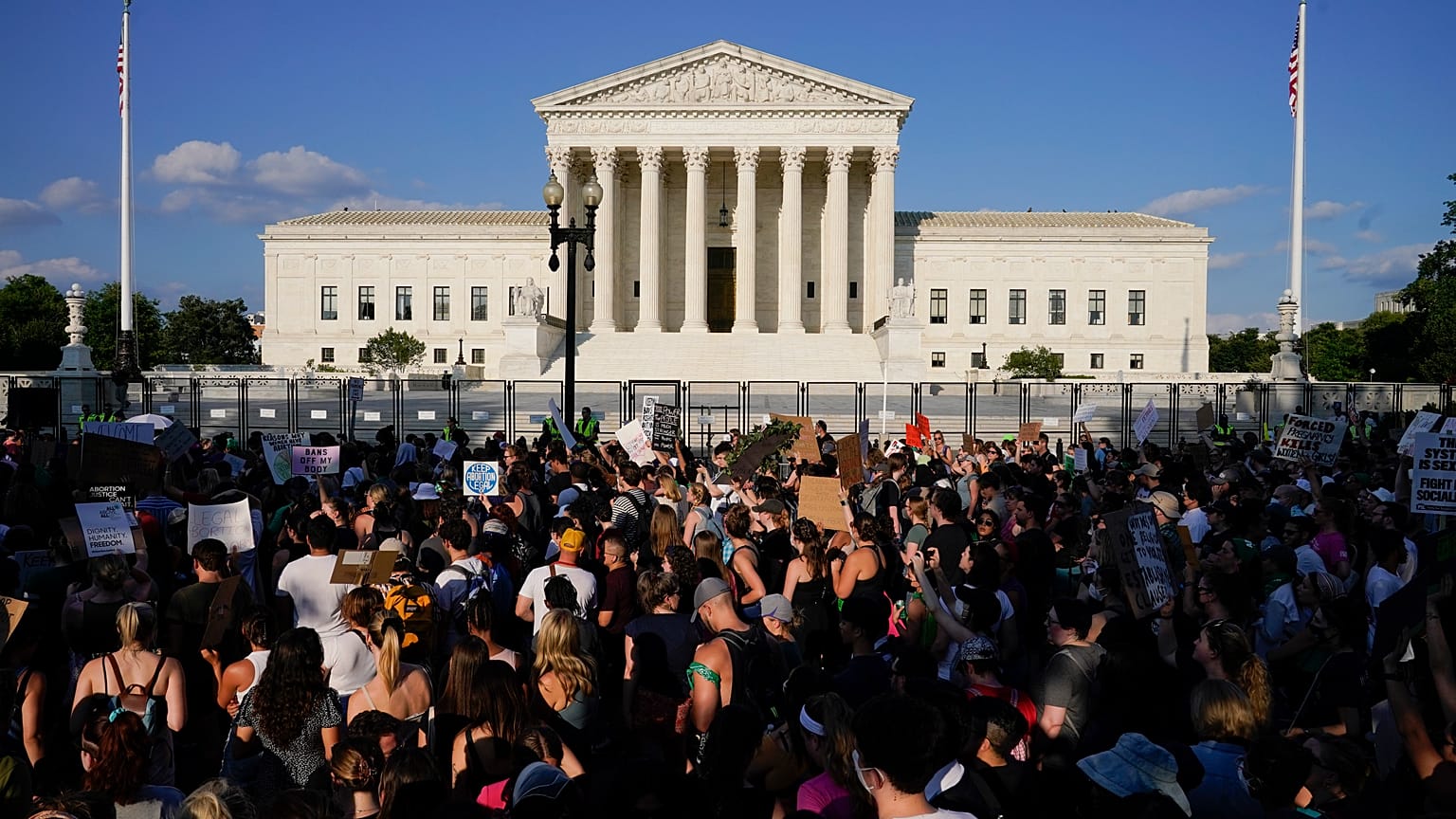The Supreme Court’s decision to overturn Roe vs Wade has raised questions about whether tech companies should protect the data of users seeking abortions.
Big tech companies are facing new questions after the US Supreme Court overturned Roe v. Wade.
With so-called "trigger states" set to criminalise abortion, civil rights activists have expressed concern that US courts could order tech companies to hand over data on users seeking abortion services.
Since Friday, many advocacy groups and social media users have shared advice on protecting personal data.
This includes, for example, advice on using browsers with low-data collections or using virtual private networks and encrypted messaging systems when communicating sensitive information.
A recent report by the digital activist group EFF also suggests that users set up secondary email addresses and phone numbers for specific messages.
Even before Roe was overturned, some US lawmakers had called on Google and the US Federal Trade Commission to ensure that data for online consumers seeking care would be protected.
Google and Facebook's owner Meta have both pushed back in the past against broad state requests for information, but big tech companies are yet to provide clarity on the matter.
In their privacy policies, most companies state that they provide law enforcement authorities with access to user data in response to a valid order.
There have been previous examples of women being prosecuted for seeking illegal abortions in the United States.
In 2018, prosecutors in Mississippi used Latice Fisher's online search history for abortion pills and miscarriages as evidence against her in a trial.
Some lawmakers -- like Missouri state representative Mary Elizabeth Coleman -- have even put forward proposals that would effectively ban citizens from travelling to a different state to legalise their abortion.
The proposed laws would also penalise anyone who might help them travel across state borders for the procedure.


















